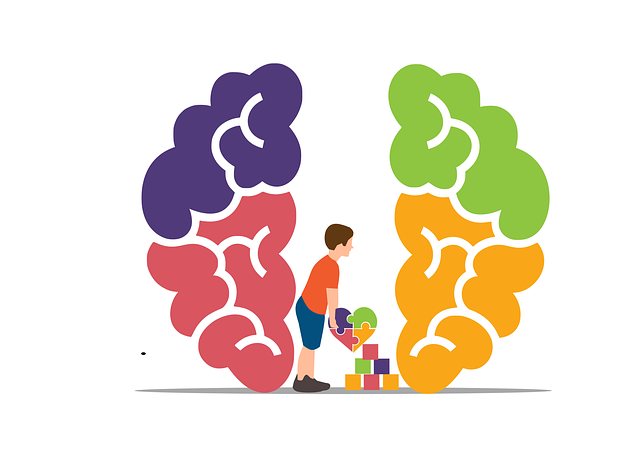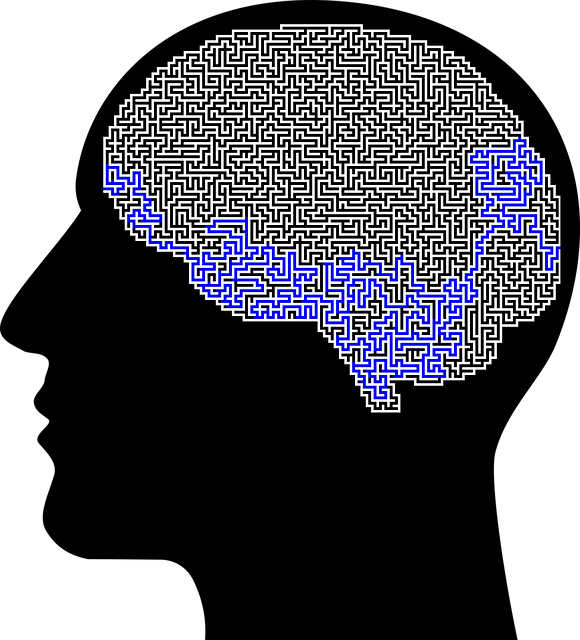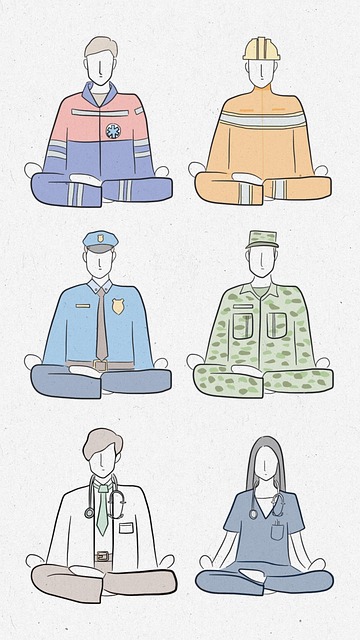Boulder Terminal Illness Therapy offers a holistic approach to supporting individuals dealing with terminal illness, incorporating Recovery, Resilience, and Mental Health (RFM) principles. Through stress management techniques, cultural sensitivity, crisis intervention, and tailored therapy, patients gain adaptive coping strategies for emotional well-being during treatment. The Boulder Approach empowers patients to navigate their journeys with dignity, integrating mindfulness meditation, community-building programs, and personal growth into daily life, revolutionizing care and providing hope for significant health challenges.
“Resilience is a powerful tool for navigating life’s challenges, especially during terminal illness. This article explores how RFM (Resource, Fortitude, and Mobilization) can fortify emotional resilience. We delve into specific exercises designed to strengthen resilience in the face of death, drawing from the Boulder Terminal Illness Therapy approach that seamlessly integrates therapeutic practices into daily routines. By understanding RFM’s role, individuals can tap into their inner strength and embrace a more fulfilling journey during this difficult time.”
- Understanding RFM and Its Role in Resilience Building
- Exercises to Strengthen Resilience During Terminal Illness
- The Boulder Approach: Integrating Therapy into Everyday Life
Understanding RFM and Its Role in Resilience Building

Resilience is a vital asset for individuals navigating life’s challenges and uncertainties, especially those facing serious health conditions like terminal illness. Understanding RFM (Recovery, Resilience, and Mental Health) offers a powerful framework to enhance emotional well-being promotion techniques. This approach recognizes that building resilience is an integral part of the healing process, focusing on not just overcoming hardships but also thriving amidst them.
Boulder Terminal Illness Therapy, for instance, incorporates RFM principles to provide comprehensive support. By prioritizing stress management and integrating cultural sensitivity in mental healthcare practice, this therapeutic approach empowers individuals to confront their diagnoses with strength and adaptability. The goal is to help patients cultivate coping mechanisms that not only sustain them during treatment but also contribute to a deeper sense of inner peace and resilience.
Exercises to Strengthen Resilience During Terminal Illness

For individuals facing terminal illness in Boulder, building resilience is an essential aspect of navigating this challenging journey. Resilience allows one to cope with stress, anxiety, and emotional turmoil, enhancing overall well-being during a period of significant life change. Exercises designed for crisis intervention guidance can empower patients to take control and find peace amidst the uncertainty.
Therapy in Boulder specifically tailored for terminal illness offers valuable tools for managing anxiety relief and developing a self-care routine. These routines cultivate mental health by promoting relaxation techniques, mindfulness practices, and healthy habits that contribute to a sense of calm and strength. Through such exercises, individuals can transform their experiences from overwhelming to manageable, fostering resilience throughout the process.
The Boulder Approach: Integrating Therapy into Everyday Life

The Boulder Approach to terminal illness therapy is a revolutionary method that integrates psychological support directly into daily life. This innovative strategy recognizes that managing a serious health condition doesn’t have to be confined to clinical settings. Instead, it empowers individuals to cultivate resilience and emotional intelligence within their familiar environments, enhancing their overall well-being. By seamlessly incorporating therapeutic practices like mindfulness meditation into routines, patients can develop coping mechanisms tailored to their unique experiences.
This holistic approach encourages a sense of community, fostering connections through the implementation of support programs that bridge the gap between medical care and personal growth. Participants are guided to navigate their journeys with dignity, embracing both challenges and victories along the way. The Boulder Terminal Illness Therapy model is a testament to the transformative power of integrating mental health services into everyday life, offering hope and enhanced resilience for those facing significant health issues.
Resilience is an invaluable asset, especially during challenging times like terminal illness. By combining RFM principles with targeted exercises, as exemplified by the Boulder Approach, individuals can navigate their journey with enhanced emotional strength. Integrating therapy into daily life, as promoted by Boulder Terminal Illness Therapy, offers a holistic approach to resilience building, empowering folks to find hope and peace amidst adversity.














